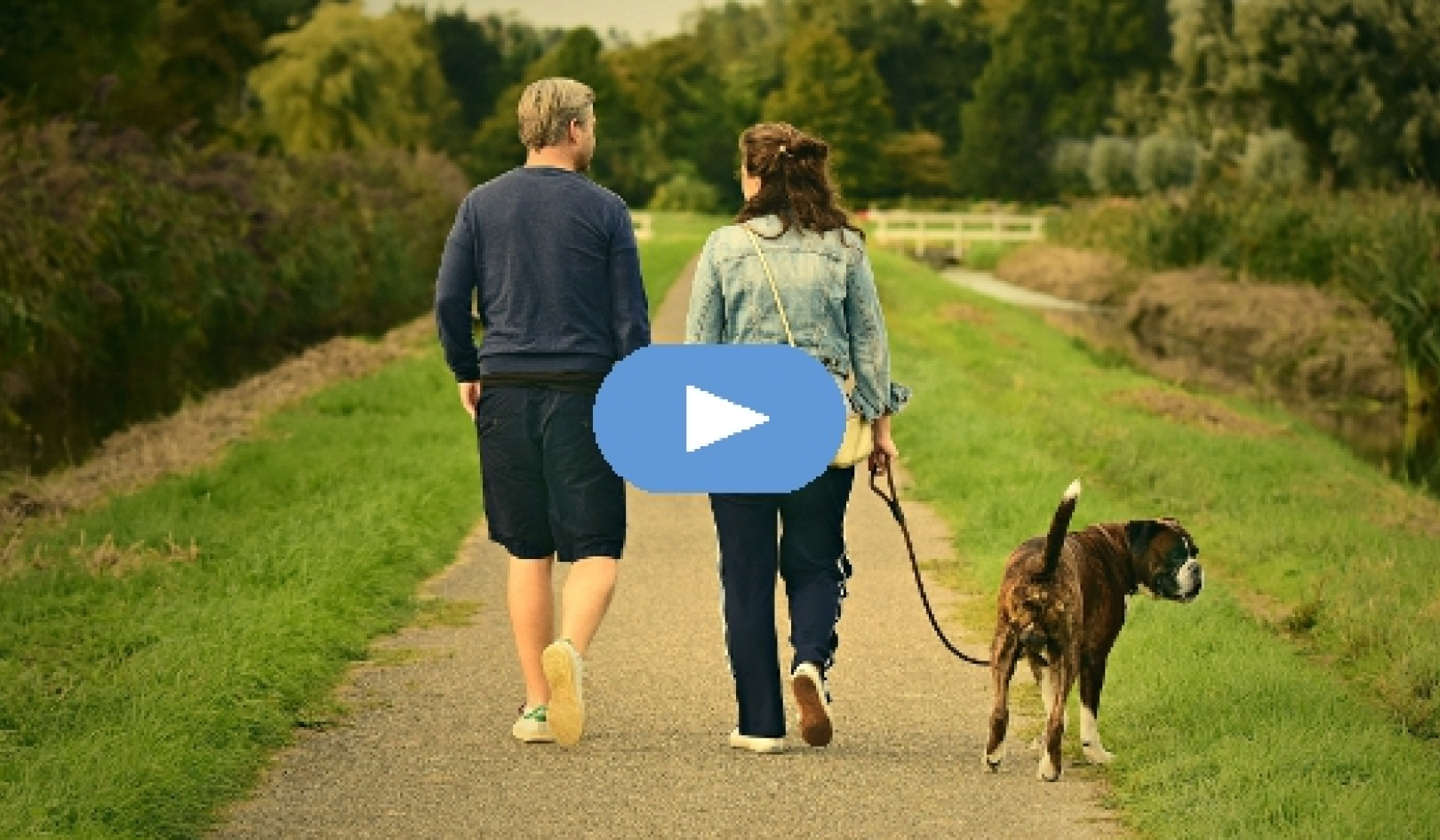
One of my friends gained two hundred pounds when her mom died. Another friend spent a year in bed after losing her child, and another dear friend spent a year in a casino trying to gamble his grief away.
When my dad died, I was in the process of painting the outside of my house a nice sage green to go with the color schemes of the other houses in the neighborhood. The day after Dad’s funeral, I was thinking about how short life is and that I’d always wanted to live in a yellow house. I stopped painting it green and now live in a pretty yellow house that sticks out like a sore thumb in my neighborhood but always makes me smile.
We all deal with grief in our own way. Many turn to addictions like shopping, gambling, hoarding, alcohol, drugs, eating, and even bingo. Many people I know who had been smoke-free for years started smoking again when they lost a loved one. We try to find ways to dull the pain, but they are all just temporary fixes, if even that.
Some Helpful Tips about Grieving
I want to share some of the really helpful things I’ve learned in my journey of grief since my mom’s death.
-
Eat as much protein and as many vegetables as you can and try not to drown your grief in sugar.
-
Don’t starve yourself, either. Be kind to your body and give it the fuel it needs to get through your grief.
-
Don’t answer the phone if you’re not in the mood to talk. But do pick up the phone and call friends when you need to. Many people feel awkward about knowing what to say to others when they’re grieving, and you can let your friends know that they don’t have to say the perfect words or fix your pain. You just need someone to listen to you while you talk about your loved one for a while.
-
Your temper will have a short fuse during the grieving process, so if you get upset with someone, count to ten or twenty before lashing out at them. You may be overreacting to a situation — grief makes us do that.
-
Pace yourself as you go through your loved one’s belongings. You may feel inclined to quickly get rid of everything so as not to prolong this part of the process, but slow down and find joy in the memories the things hold.
-
It’s proper etiquette to send thank-you notes for cards and money no later than two weeks after the funeral, but I took my time with it. I did a few cards at a time and wrote heartfelt thanks to these thoughtful people. I waited until my mind was clear enough to know what I was saying.
-
I strongly recommend that you have an open casket for viewing the body. Many years ago a mortician friend of mine told me that he sees less grief in people who are able to view their deceased loved one a last time before they are buried or cremated. I think that for our mental and emotional health it’s necessary that we go through the process of properly saying good-bye to our loved ones.
-
Grieving doesn’t happen in one fell swoop. It can happen over a long period of time. There will be days, hours, moments when you will feel like your old self again — when you are happy and life is good. Then, boom, you dip down into grief and wonder if the pain will ever go away. Many people warned us that grief comes in waves, and they were right. “The best thing you can do is learn to ride the waves.” They get less intense as time marches on, and the day will come when you won’t have waves anymore.
-
If you are one of those people who hate grief, emotions, and everything else that goes along with loss and you choose not to acknowledge any of it, you are doing a major disservice to your body. You can be as stoic and unfeeling as you want, but all those unacknowledged feelings will then be sitting somewhere in your body, and at some point your body is not going to want to store that heaviness for you. A dear friend of mine stoically went through the loss of both his parents without shedding one tear and later ended up having two heart attacks. Those feelings need to be dealt with and released in some way, rather than stored in the body. If you’re not a crier, get as much physical exercise as you can. Help the body to release the grief.
What You Can Do If a Friend Is Grieving
 If you’re the friend of someone who is grieving and you’re not sure what you can do to help, check in with them from time to time. Reassure them that you’re there if they need to talk. Don’t take it personally if they don’t answer your calls or texts.
If you’re the friend of someone who is grieving and you’re not sure what you can do to help, check in with them from time to time. Reassure them that you’re there if they need to talk. Don’t take it personally if they don’t answer your calls or texts.
After my mom died, many of my friends sent a short, loving text, and that was about all I could handle in the beginning. I was feeling a strong sense of loneliness, so it was good to hear from the people I love. People still sent cards and notes a month after Mom passed, and it was so nice to hear from them and know that they were still thinking of me and my family.
There is nothing you can do to take away your friend’s grief, but if you have time to listen, invite them to reminisce about the person they have lost. Just being able to talk about their loved one will help them to heal. The day will come when they will stop talking about them and you will be able to see in their eyes that your old friend is back.
There is no set time when it comes to grief. If your friend has lost others and never grieved those losses, it may take years for them to move through their grief. If they were like me, grieving through the whole dying process, their grief will not last as long. I know it can be very hard to be around a grieving person, but your turn will come someday and you will be grateful then to have a friend who is there for you.
How It Goes Is Really Up To Us
Some deaths are hard and painful, while other deaths are easy and pain-free. The pain that death brings to the living is wrenching and debilitating, but at times death brings relief and joy because we know that our deceased loved one is no longer suffering.
We can stay stuck in the tragedy of loss, or we can find some measure of good in it. Sometimes it takes a while, but if we focus on looking for the good in our loss, we find it much more quickly. That holds true on both sides of the veil.
My sense is that we dread death because we don’t talk about it, we don’t understand it, and we have a lot of religious misconceptions that keep us from knowing the truth about it. We also have the incorrect idea that it is final.
If you are the one about to make your journey home to the other side, I want to remind you that there is a reason why you are leaving and your loved ones are staying here. They will find a way to live without you. Losing you is part of their life plan, just as finishing up things here and heading home is part of your life plan.
If You Are Mourning The Loss Of A Loved One...
And if you are the one left here on earth, mourning the loss of a loved one, know that the pain from loss fades a little bit as each day passes — if you let it. Go through your grieving process and remind yourself daily that there are reasons why you are meant to live without this person. Look for the good. It makes me smile to think that my mom died while I was finishing up this book. It’s as though she wanted to help me by giving me the experience of losing her and the understanding that our continued communication has given me.
Ask the universe to help you see the bigger picture. Don’t pull on the energy of the person you’ve lost, because they are going through a transition just as you are and aren’t in a position to comfort you. Instead, reach out to friends, family, and your higher power. If you’re asking for the right things — direction, guidance, comfort, and help — your answers and support will come.
©2013 by Echo Bodine. All Rights Reserved.
Reprinted with permission of the publisher,
New World Library, Novato, CA 94949. newworldlibrary.com.
This article is adapted with permission from the book:
What Happens When We Die: A Psychic's Exploration of Death, Heaven, and the Soul's Journey After Death -- by Echo Bodine
 With her signature wit and fearlessness, psychic and healer Echo Bodine offers answers to life’s biggest questions: Is there a heaven? Are there people who have been there and come back? Do we have souls? Can we communicate with deceased loved ones? Based on Echo’s personal experience of observing the souls of people nearing death and communicating with souls who have died, this comforting book shines light on the dying process and the afterlife. Echo offers practical tools for being with dying loved ones, for grieving, and for cultivating clear communication with the deceased. Learning what happens when we die can be inspiring, reassuring, and profoundly life changing.
With her signature wit and fearlessness, psychic and healer Echo Bodine offers answers to life’s biggest questions: Is there a heaven? Are there people who have been there and come back? Do we have souls? Can we communicate with deceased loved ones? Based on Echo’s personal experience of observing the souls of people nearing death and communicating with souls who have died, this comforting book shines light on the dying process and the afterlife. Echo offers practical tools for being with dying loved ones, for grieving, and for cultivating clear communication with the deceased. Learning what happens when we die can be inspiring, reassuring, and profoundly life changing.
For more info or to purchase this book on Amazon.
About the Author
 Echo Bodine is a renowned psychic, spiritual healer, and teacher. Her previous books include Echoes of the Soul and A Still, Small Voice. She lectures throughout the country on life, death, life after death, living by intuition, and developing psychic abilities. She also offers workshops through The Center, her teaching and healing center in Minneapolis, Minnesota. Visit her website at www.echobodine.com.
Echo Bodine is a renowned psychic, spiritual healer, and teacher. Her previous books include Echoes of the Soul and A Still, Small Voice. She lectures throughout the country on life, death, life after death, living by intuition, and developing psychic abilities. She also offers workshops through The Center, her teaching and healing center in Minneapolis, Minnesota. Visit her website at www.echobodine.com.



























